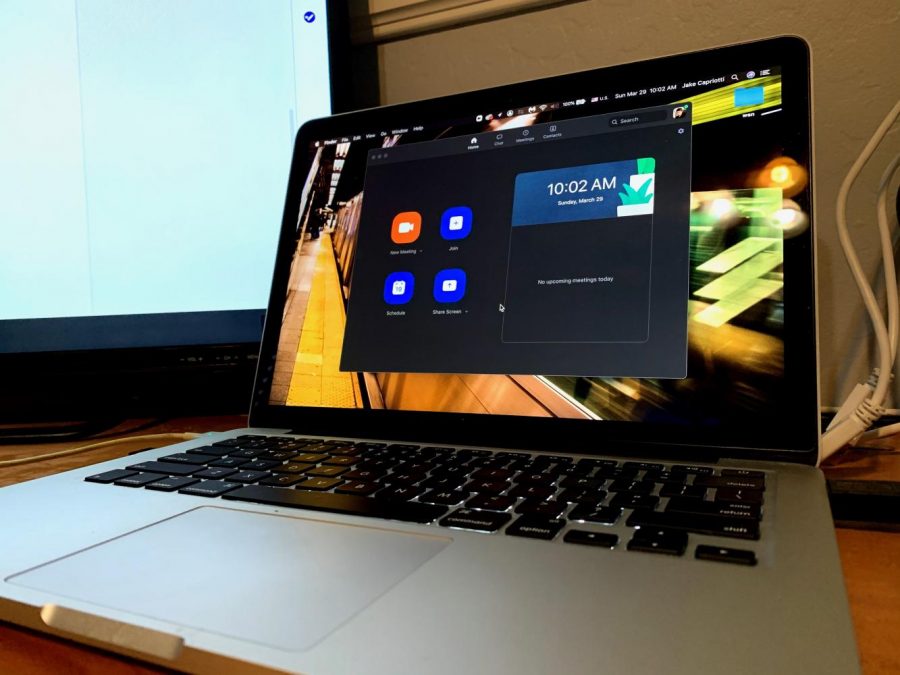Zoom — the online conferencing platform used by NYU following its switch to remote instruction — has updated its privacy policy after receiving heavy criticism over questionable clauses.
The platform has recently come under fire for its privacy policy, which allows the company to collect various pieces of personal data and share it with third parties such as Google Ads. The personal data recorded by Zoom includes credit and debit card information, email addresses, phone numbers and even job status. As of Sunday, March 29, the company updated its policy to address public concerns.
Before the change, Zoom’s privacy policy allowed the possibility of customer data gathered from messages, files, whiteboards, cloud recordings and anything shared while using the service to be used for targeted advertising. Following the update, Zoom’s new policy specifically states that customer content is not used for advertising purposes.
In addition to the new policy, Zoom CEO Eric Yuan announced a 90-day freeze on adding new features to the platform on April 2 so that Zoom employees could focus on improving security and privacy protocols. During this time, according to Yuan, the company will focus on a comprehensive review with third-party experts regarding the security of their service, preparing a transparency report for user’s data requests, as well as enhancing their bug bounty program — an initiative in which individuals are rewarded for reporting security bugs.
Zoom previously updated its iOS app on March 27 to eliminate a code which shared users’ data with Facebook — one day after Motherboard found that Zoom was sending data to Facebook regardless of whether or not the user had a Facebook account.
Zoom allows users to opt out of using personal information gained from visiting the Zoom website if the user contacts [email protected]. Users can also limit the personal information shared by disabling cookies, which Zoom highlights in their Cookie Policy page.
Prior to the updates, some users were concerned because call hosts on Zoom were able to view the activities of call participants. The internet privacy advocacy group Electronic Frontier Foundation released a report warning of the privacy implications of Zoom – such as giving hosts the ability to monitor the activities of attendees while screen-sharing and giving a notification to the host after 30 seconds if a participant doesn’t have the Zoom window active. On April 1, Zoom permanently removed its attendee tracking feature.
NYU sought to discontinue the attendee tracking feature for students before it was taken off Zoom, but planned to continue using the feature for mandatory staff training.
“We plan to disable the option for most schools, but we are still checking to make sure that disabling it will not break anything else,” NYU spokesperson John Beckman told WSN in a statement before Zoom eliminated the feature.
Email Matthew Fischetti at [email protected]
























































































































































